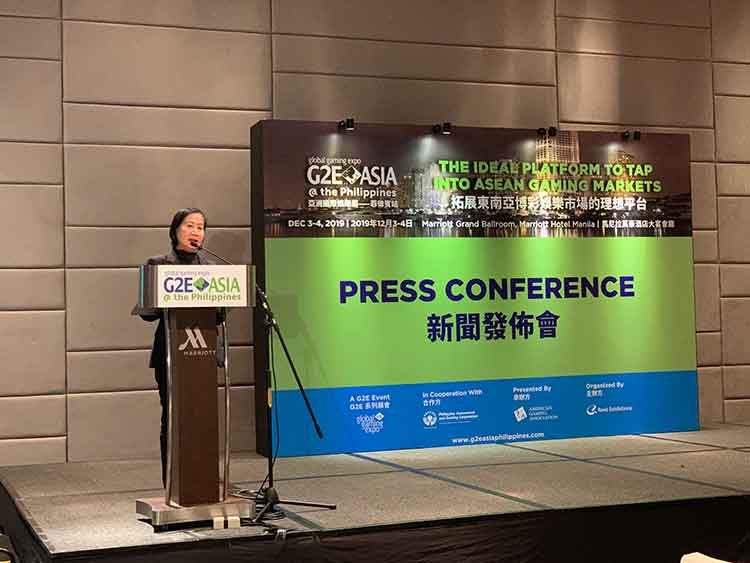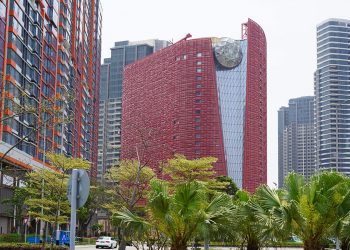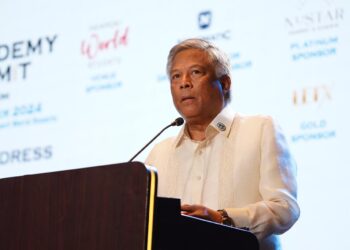The Chairman of Philippines gaming regulator PAGCOR, Andrea Domingo, says she doesn’t want the nation’s growing Philippine Offshore Gaming Operators (POGO) industry to benefit from the recent decision by Cambodia to shut down its own online gaming operations.
Her comments follow an August directive from Prime Minister Samdech Techo Hun Sen amid pressure from China that Cambodia will stop issuing online gaming licenses and won’t renew current licenses when they expire at the end of the year.
Speaking to media, including Inside Asian Gaming, at a press conference promoting G2E Asia @ the Philippines in Manila on Tuesday, Domingo said she didn’t want the cessation of Cambodian online gaming licenses to see operators simply move their business operations to the Philippines instead.
“As a courtesy and respect for the Chinese government closing down online gaming in Cambodia, we said we will not accept any more applications for online gaming because we think we have to do that,” Domingo said.
“We do not want to be the basin for the fallout in Cambodia. We want to stand on our own to aspire to clean and fair play.
“We will not benefit by having more operators. The operators might benefit from it in terms of having more players but we are not sure of that. We have not seen a big spike in GGR.”
POGO review nearing completion
Meanwhile, Domingo revealed that PAGCOR is nearing completion of its review into the Philippines’ POGO industry after announcing in August that it had placed a freeze on issuing new licenses until at least the end of the year.
In response to questions on the review’s progress, Domingo said the regulator was finishing a study into how it can best catch illegal Business Process Outsourcing (BPO) firms in the POGO space, noting there are in some cases “BPOs attached to BPOs.”
“There seems to be a problem there,” she said. “We already have the solution and we already have the formula but I need to have it approved by our board first so I cannot announce but it will soon be implemented.”
Domingo said the National Bureau of Investigation and Philippine National Police had so far shut down close to 200 small, illegal POGO operations.
POGO hubs to provide Chinese worker training
Domingo also revealed that the proposed development of two self-contained POGO hubs within which Chinese workers would both live and work were specifically designed to assist in their day-to-day lives, with PAGCOR set to provide workers with language and other courses.
“We are planning to have orientation courses about the Philippines culture and maybe train them to have basic English language skills so if anyone asks them certain questions they can answer,” she said.
“There are some [potential] disadvantages to the hubs with workers always working together and living together, so we also want to inspect their living conditions to make sure they have dignified living conditions.
“That is currently under review.”






























